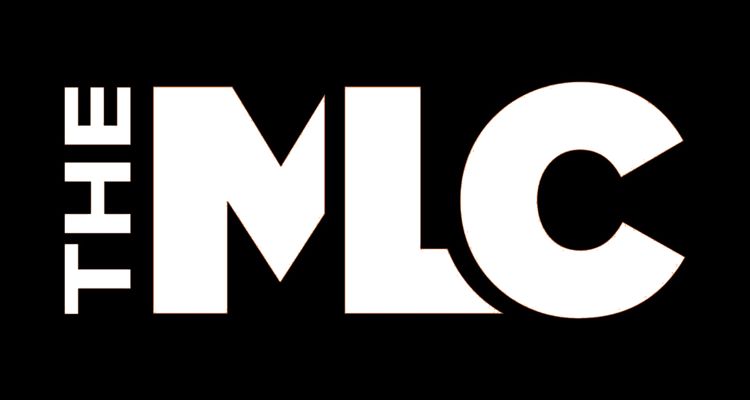
MLC Challenges Spotify's Bundling Strategy: Key Arguments Against Royalty Rate Reclassification
The Mechanical Licensing Collective (MLC) has filed a lawsuit against Spotify over alleged royalty underpayments related to subscription bundling. The dispute centers on Spotify's reclassification of its standard subscription plans as bundles, which affects mechanical royalty rates.
Key Points of Dispute:
- Spotify reclassified its $10.99 monthly individual plan (plus Duo and Family plans) as bundles after launching a $9.99 audiobook-only plan
- Under Phonorecords IV, bundle rates are 24.5% of "total content cost" versus 26.2% for music-only plans
- This reclassification could result in an estimated $150 million annual decrease in mechanical royalties

White MLC logo
MLC's Main Arguments:
- Premium is Not a Bundle:
- The service remains unchanged from before audiobook integration
- No new elements were actually bundled together
- The launch of Audiobooks Access didn't alter the Premium service
- Technical Arguments:
- A bundle must include at least two distinct products/services
- Spotify didn't create a differentiated product
- The audiobook component lacks sufficient "token value" to qualify as a bundle under Section 115
Relief Sought by MLC:
- Declaration that Spotify's bundle classification violates Section 115
- Compensatory damages for underpaid royalties
- Late fees and attorneys' fees
- Preliminary injunction against the classification

Daniel Ek, CEO of Spotify
The case has drawn significant industry attention, with organizations like the National Music Publishers' Association issuing cease-and-desist letters and Sony Music Publishing making legal threats. Spotify maintains its position and has refuted both the lawsuit and estimated financial impact.
Related Articles

Taylor Swift Continues Spotify Boycott, Makes New Concert Film Apple Music Exclusive
